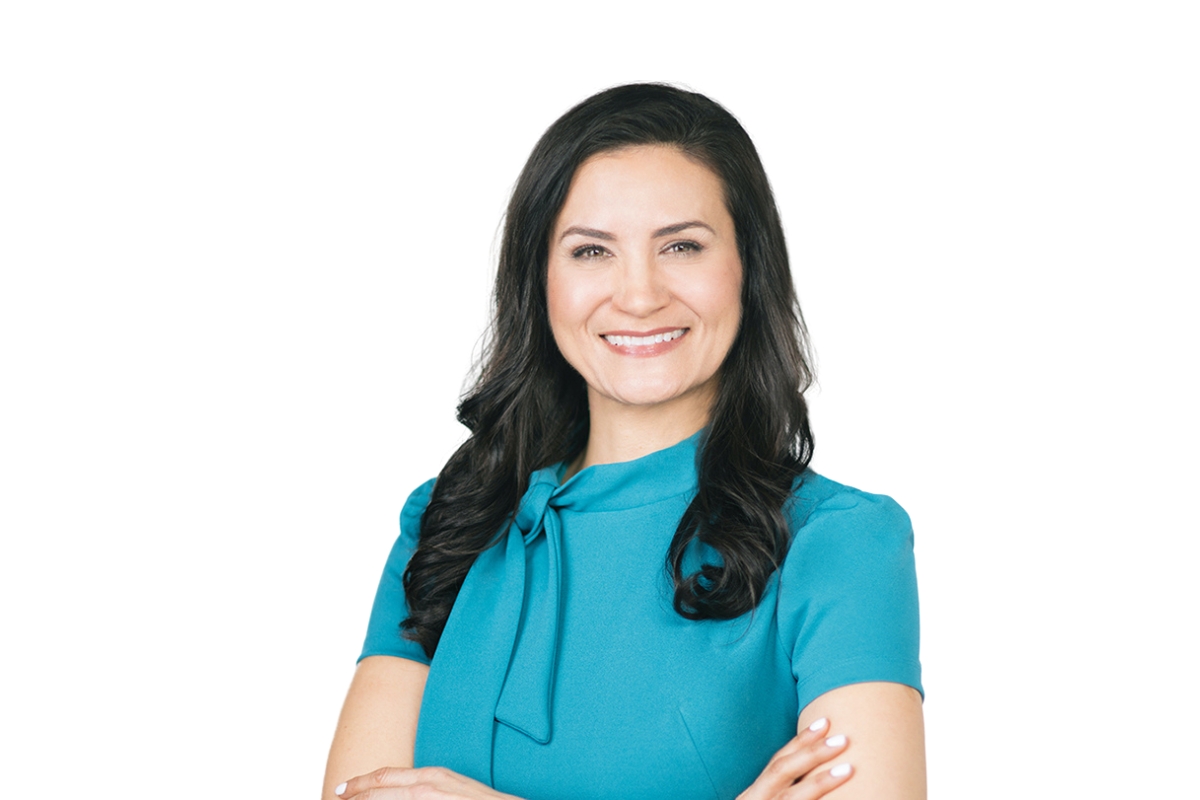Innovative companies are game changers; they are constantly pushing the limits by trying bright ideas and offering new products and services. They also change the face of their respective industries, whether it is healthcare, technology, innovation, or business.
In light of this, we take a closer look at ten companies impacting climate change, innovation, and healthcare, developing products, and coming up with ground-breaking solutions to impact our work, society, health, and the environment.
Microsoft-Humanizing productivity
When the COVID-19 pandemic hit, Microsoft had the resources to draw from to create a snapshot of work and collaboration, thanks to features like Teams. As the company continued to analyze its data, it had enough information to develop new product features for scheduling options designed to ensure that employees get breaks between virtual meetings, a necessity that’s often overlooked in the age of video calls.
Solugen-Devising an emissions-free way to turn sugar into industrial chemicals
Founded on the ethos of transforming the chemical industry by bringing clean, sustainable chemistry to every aspect of modern life, Solugen has consistently pioneered innovative productions. In its most recent production, Solugen developed a process of turning corn syrup into industrial chemicals without oil, coal, and natural gas in the process. Using a creative scientific method, the company managed to remove all the emissions of the petrochemical process and has yields of up to 90 per cent.
SpaceX-For building a rocket that runs
Elon Musk has always wanted to make space travel accessible. He also wanted rockets to be the next Honda Civics of the sky. To that end, his company SpaceX completed a record 31 flights on its Falcon 9 rocket, and launched its first all-civilian crew into space at the cost of $55 million per seat, as opposed to NASA’s $80 million per seat in 2017. SpaceX lowered the launch cost, and expanded the number of opportunities for people to venture into space.
Canva-For making design easy
Designing doesn’t have to be a hurdle that only professionals handle. Canva, a free-to-use online graphic design tool. It allows users to design and create everything from presentations, videos, social media posts, logos, posters, and more. Users can adjust texts, images, and background animation with a simple tap. The service added a paid Pro feature, enabling it to roll out new features and tools for every form of creative content imaginable.
Deduce–For outsmarting hackers
Big companies can detect hackers before they log in, but small mom-and-pop shops and companies don’t have that ability. Sifting through a network of privacy-compliant data from over 150,000 sites and 300 million profiles, Deduce can identify and alert customers and clients of potentially fraudulent activity. Using state-of-the-art geospatial analysis, it can spot synthetic and stolen identity fraud, fake cards, and bank accounts.
Shopify–For bridging the social media gap
Shopify, a renowned e-commerce platform for millions of businesses, has made the leap into social media. Shopify became one of the pioneering and first platforms to bring TikTok to its native shopping platform besides Facebook, Instagram, and Pinterest. In 2021 Shopify averaged 1.16 billion monthly visitors on the websites it powers, like Amazon, and its revenue grew 57 per cent to $4.6 billion.
GlaxoSmithKline–For coming up with a malaria vaccine
Malaria is one of the oldest known diseases on earth and one of the deadliest. The mosquito-borne disease is one of the most common causes of death in sub-Saharan Africa and the world. After more than 35 years of research, GlaxoSmithKline rolled out the world’s first malaria vaccine, which has already proven 70 per cent effective in reducing severe malaria and hospitalization of children. GSK has shipped over 4 million doses for the pilot program, with 2.7 million doses already administered.
Grove Collaborative–For helping us get rid of plastic
Building the next generation of consumer-packaged goods, Grove Collaborative creates eco-friendly products that are plastic-free. The company has more than 200 sustainable, eco-friendly vetted products that can quickly be shipped to your home on a flexible schedule. Redefining the next generation of consumer-packaged goods, the company pledged to be 100 per cent plastic free by 2025 by taking the environmental burden off consumers.
BYD-For fueling tomorrow’s electric vehicles
Established in 1995, BYD is a Chinese company that became a powerful carmaker. The company is backed by advanced technological innovation and is best known for its low-fuel-consuming hybrid engines and lightweight lithium-iron phosphate batteries. Last year, the company grew its hybrid and all-electric vehicle sales by more than 231 per cent, selling nearly 600,000 new-energy car models globally. Unlike its competitor Tesla, BYD makes its own batteries and sells them to automakers. With plants in Asia, Latin America, Europe, and the United States, BYD sells a wide range of electric vehicle models, EV buses, garbage trucks, and forklifts.
Fifteen Percent Pledge-For restocking shelves
One week after George Floyd’s murder, Aurora James came up with an idea to support Black-owned businesses. He put an Instagram post asking retailers to dedicate 15 per cent of their shelf space to Black-owned brands. The idea quickly gained momentum, with brands like Sephora and others quickly embracing it. In the months since more than 29 major retailers in the United States and Canada signed up, more than 10 billion in revenue has since shifted to Black-owned businesses.
Aaron Levinson | Staff Writer



















